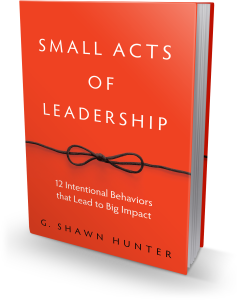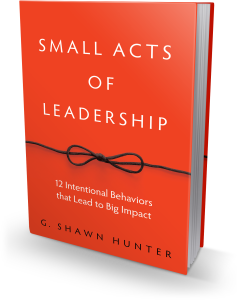Shoulda, Coulda, Woulda, and What People Actually Regret
Here’s a real story, but let’s anonymize him. We’ll call him Joey. So Joey, a local mild-mannered grown-up went to a high school soccer match in Virginia, and sat with friends and colleagues in the stands, on the home side, the side hosting the game.
The game got competitive, the kids got all riled up, the coaches too. At one point his own friends and colleagues got caught up in the moment, and began denigrating and ridiculing the opponent players, talking trash to them from the stands. Joey snapped, and turned to face his friends, heart racing, nearly shouting, he loudly chastised their behavior. He was in the presence of local adults and community leaders actively taking part in ridiculing teenage players in a local soccer game. No, he said, this will not be tolerated.
Joey is not likely to regret that action. Not at all. In the short term, he might have some misgivings about how he reacted – like maybe he was too forceful, to shouty, too something. In the short term, he might worry about how he was viewed by others. But in the long term he will remember that moment with pride. And so will the people there who recollect it. Heck, I was inspired and I wasn’t even there. I heard it secondhand.
What is that thin line between being inspired by someone’s actions, and taking action ourselves? We celebrate when someone else speaks up against a bully, but maybe in that moment we didn’t quite have the nerve ourselves.
“We must take sides. Neutrality helps the oppressor, never the victim. Silence encourages the tormentor, never the tormented. Sometimes we must interfere.”
– Elie Weisel, Nobel laureate, and Holocaust survivor
We don’t tend to regret the actions we take that align with our values. We are much more likely to regret inaction. We are much more likely to regret not living up to our ideal version of ourselves.
We can read about Ghandi’s civil disobedience and be inspired, yet remain quiet ourselves when we witness injustice. It’s not genes, or even necessarily learned behavior that drives us to take action. Although it is true that once you speak your mind to voice your values, you are more likely to do it again. This phenomenon is often referred to as the “foot-in-the-door” effect. When you engage in a small or initial action related to your values, it can lead to a sense of commitment and consistency, making you more inclined to do it again.
When we think of people who take a chance, speak up, and say, or do, something courageous at work, we think of real heavyweight whistleblowers. “Deep Throat” from the Watergate investigation, or Karen Silkwood, who famously revealed plutonium contamination at the Kerr-McGee nuclear facility in Oklahoma. Her story was later adapted into the film “Silkwood” played by Meryl Streep.
Or Terry Bryan. Bryan was a nurse working at Winterbourne View Hospital in the UK when he witnessed appalling abuse of residents with learning difficulties. He tried reporting through the correct channels. He told his boss, then his boss’ boss. When they refused to do anything, he told the oversight regulatory agency called the Care Quality Commission. They didn’t do anything either, so he called the BBC and did an extensive interview describing the abuse and neglect he witnessed. It led to a documentary and exposé. He describes his experience here.
In the documentary, the interviewer asks Terry if he would do it again, if he has any regrets. He said, “It’s about following your conscience,” he says. “How would you live with yourself if you didn’t do it?”
“Remembering that you are going to die is the best way I know to avoid the trap of thinking you have something to lose. You are already naked. There is no reason not to follow your heart.”
– Steve Jobs
Here’s the thing – we get one shot at this life, and every day we get an opportunity to make a difference. When we consider recent decisions in our short-term memory, it is true that we sometimes cringe at our own actions. We think, “Why did I say that?” “What was I thinking?” “Lordy, I hope I didn’t offend him by telling the truth!”
Yet, research shows that in the long-term the things we are most likely to regret things are the things we didn’t do, not the things we did try.
“In the end, we only regret the chances we didn’t take, the relationships we were afraid to have, and the decisions we waited too long to make.”
― Lewis Carroll
_______________________________________________________
Our company Mindscaling, just released a new series of courses on Thriving through Emotional Intelligence, and how to make exactly these types of decisions. You can find our catalog of high-impact courses here. And if you want something more tailored, you can learn about our custom work here.
My book Small Acts of Leadership, is a Washington Post bestseller! You can grab a copy here. And if you want to learn to apply some of these ideas and be an effective coach for your team, we wrote a course on that too. It’s called Coaching for Managers available over at UDEMY for Business.






 Our company
Our company